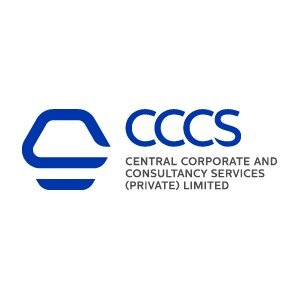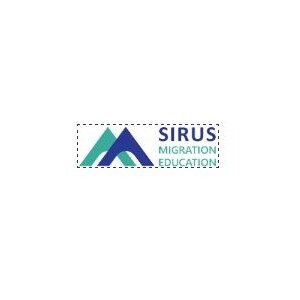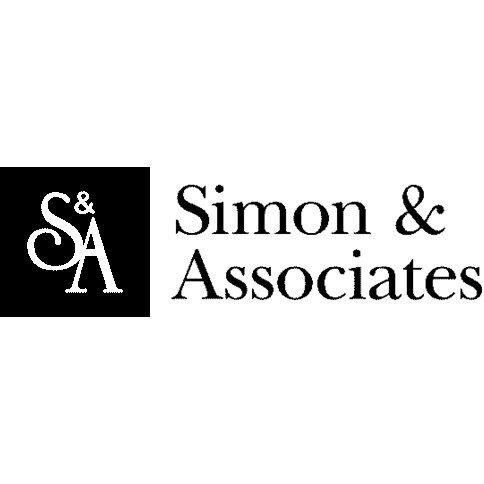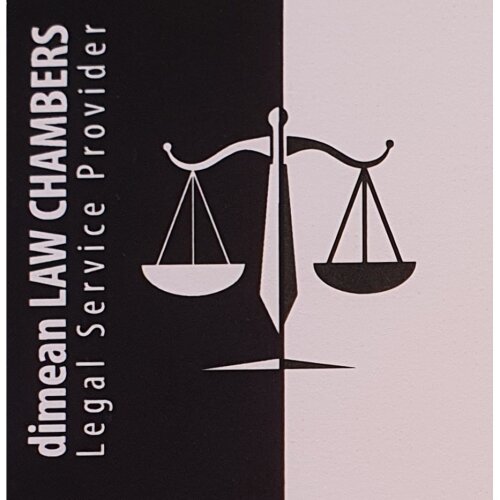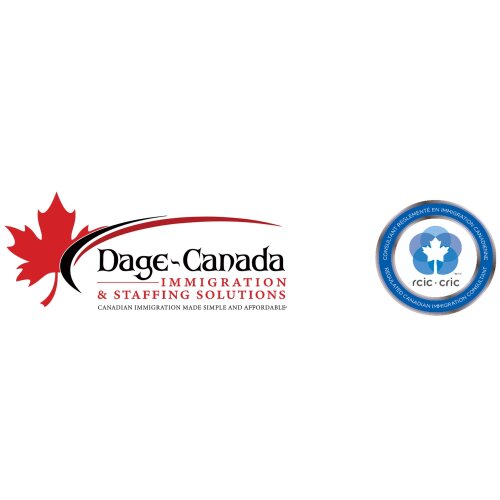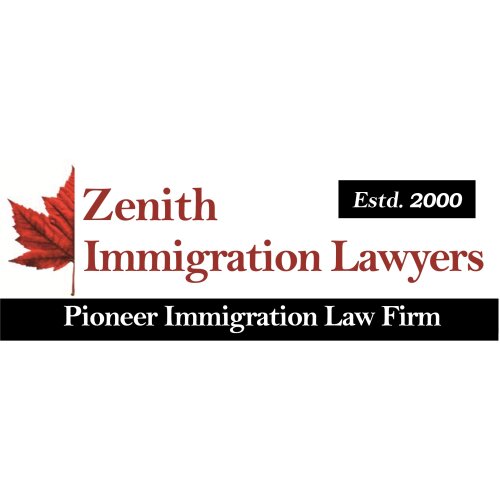Best Permanent Residency Lawyers in Colombo
Share your needs with us, get contacted by law firms.
Free. Takes 2 min.
List of the best lawyers in Colombo, Sri Lanka
About Permanent Residency Law in Colombo, Sri Lanka
Permanent Residency (PR) in Colombo, Sri Lanka, allows foreign nationals to live and work indefinitely within the country without the constraints faced by short term visas. Its law is governed by the Immigration and Emigration Act in conjunction with international treaties. To obtain PR, you must have stayed within the country for a particular number of years, typically five years. There are exceptions for investors, persons of Sri Lankan origin, and persons of Indian origin, among others.
Why You May Need a Lawyer
Securing PR can be a complex and challenging process, requiring thorough knowledge of the immigration law, paperwork, and procedures. An experienced lawyer can guide you through the process, assemble the necessary documentation, and represent you during interactions with immigration officials. If you are an investor, a lawyer can help you meet the PR qualifications. If you're facing deportation, a lawyer can help you leverage resident rights to defend your stay.
Local Laws Overview
In order to acquire PR in Sri Lanka, there are several laws and regulations set in place that you must adhere to. The main requirement is having legally resided in Sri Lanka for at least five years prior to the date of application for PR. For individuals of Sri Lankan origin, or if you are married to a Sri Lankan, the residency duration may vary. It is also common that applicants have to present proof of financial stability, pass a few medical tests, and at times, demonstrate proficiency in one of the local languages.
Frequently Asked Questions
Who is eligible for PR in Colombo, Sri Lanka?
Eligibility is often based on several conditions such as the length of residence, being of Sri Lankan origin, an investor, a professional who can contribute to the Sri Lankan economy, or being married to a citizen of Sri Lanka.
How long does it take to get PR in Colombo, Sri Lanka?
Acquiring PR may take between six to twelve months. However, this period varies depending on individual circumstances and could be longer.
Can I work in Sri Lanka as a Permanent Resident?
Yes, as a Permanent Resident, you have the right to work in Sri Lanka.
Can a Permanent Resident be deported from Sri Lanka?
While it's rare, a Permanent Resident can be deported under circumstances if they breach national security, conduct punishable crimes, or show false evidence during the application process.
How can I renew my PR Status?
Unlike ordinary visas, Permanent Residency does not need to be renewed as it is valid indefinitely. However, Permanent Residents should renew their PR Identity Card every ten years.
Additional Resources
The official website of the Department of Immigration and Emigration is a valuable resource for all immigration-related matters. For legal advice, the Bar Association of Sri Lanka can provide information about qualified immigration lawyers. Other resources may include the International Organization for Migration Sri Lanka and the Resident Visa Section of the Sri Lanka High Commission.
Next Steps
If you need legal assistance for Permanent Residency in Sri Lanka, consult a lawyer who specializes in immigration law. They will provide valuable advice, help you prepare your application, and ensure you comply with all necessary regulations. To get started, contact the Bar Association of Sri Lanka for a list of registered immigration lawyers.
Lawzana helps you find the best lawyers and law firms in Colombo through a curated and pre-screened list of qualified legal professionals. Our platform offers rankings and detailed profiles of attorneys and law firms, allowing you to compare based on practice areas, including Permanent Residency, experience, and client feedback.
Each profile includes a description of the firm's areas of practice, client reviews, team members and partners, year of establishment, spoken languages, office locations, contact information, social media presence, and any published articles or resources. Most firms on our platform speak English and are experienced in both local and international legal matters.
Get a quote from top-rated law firms in Colombo, Sri Lanka — quickly, securely, and without unnecessary hassle.
Disclaimer:
The information provided on this page is for general informational purposes only and does not constitute legal advice. While we strive to ensure the accuracy and relevance of the content, legal information may change over time, and interpretations of the law can vary. You should always consult with a qualified legal professional for advice specific to your situation.
We disclaim all liability for actions taken or not taken based on the content of this page. If you believe any information is incorrect or outdated, please contact us, and we will review and update it where appropriate.



